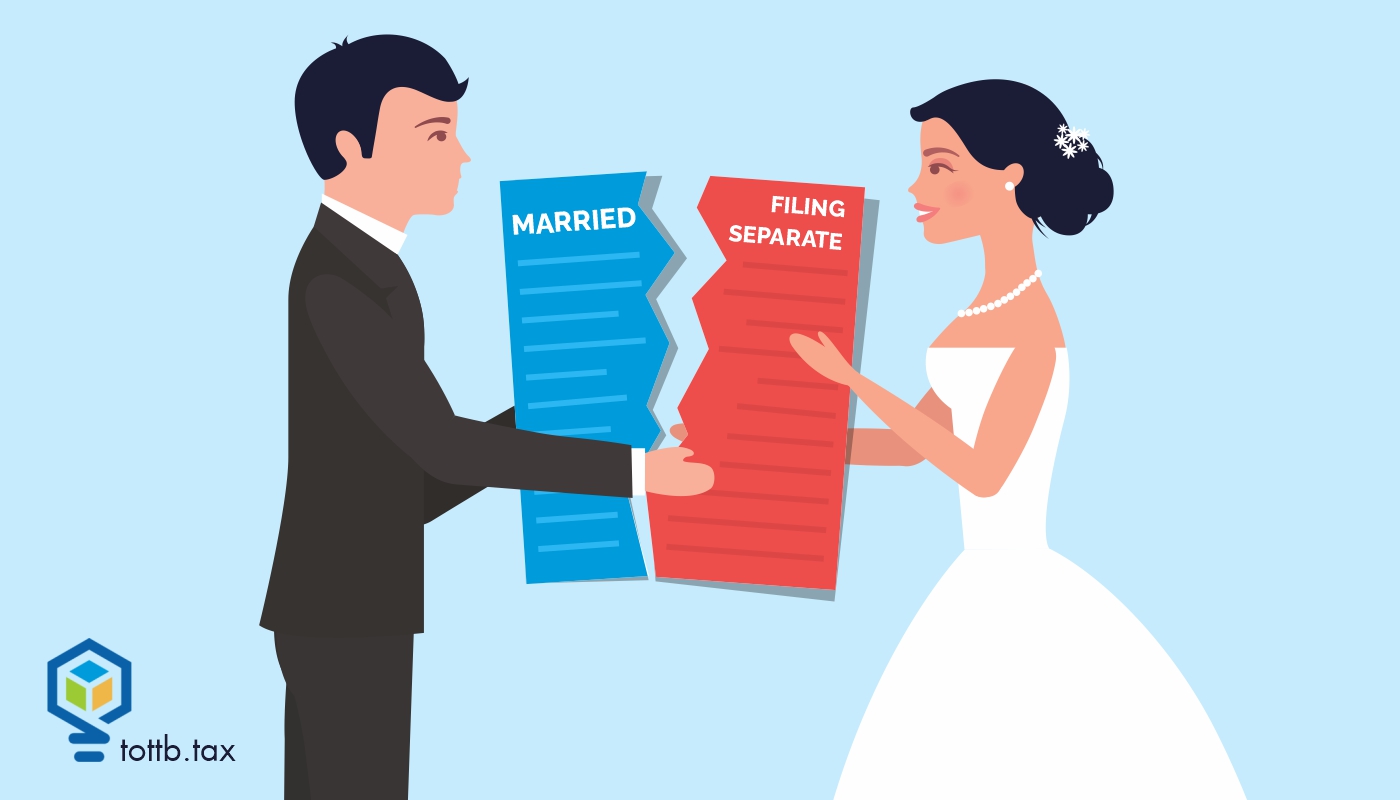Just Good Business – Review Your Beneficiary Designations
It seems so simple, right? You open an account and as you complete the paperwork, you enter something on the line labeled “Beneficiary,” and that’s that. But how many accounts are there? What about other assets? What about, well, life? Because life happens, it can have odd effects on the distribution of assets. This is a cautionary tale of unintended consequences and a reminder to review your beneficiary designations, if not annually, at least every time you experience a major life event.
Consider a retired couple one of whom has a large 401(k) (or similar) account. Both have Social Security and true pensions, as well. Typically, the Social Security and pension benefits will end with the death of the individual. The 401(k), however, remains and the listed beneficiary is the spouse. The beneficiary spouse dies before the spouse with the 401(k). Upon the death of her spouse, the account holder creates a will using a popular online tool, which does not advise her to review beneficiary designations on her bank, brokerage, and retirement accounts.
Keep reading to learn what to check, when, and how to avoid what goes wrong.
Read More











